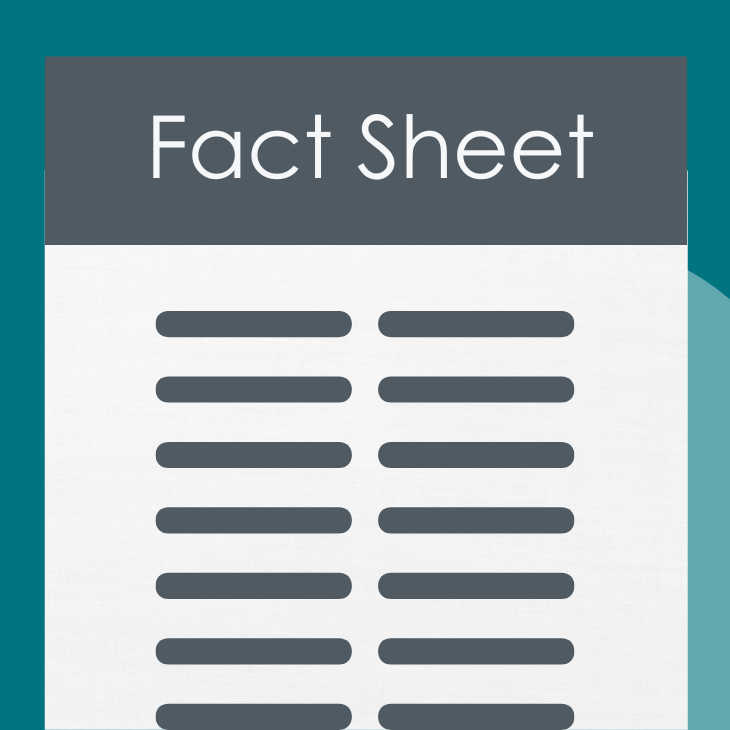
Revised 2023

It is not clear how stress impacts fertility. It is not known whether high levels of stress can prevent pregnancy or affect a woman’s chance of conceiving. We do know that reducing stress provides a better quality of life during times of intense personal challenge.
What is stress?
Stress is often defined as an event that a person sees/ feels is threatening. In order to protect itself, the body responds with a “fight or flight” response.
How can stress impact a fertility patient?
Sometimes, infertility patients respond to the stress of being unable to conceive by aggressively pursuing treatment and procedures. Other patients withdraw and isolate themselves from family, friends, and community. Neither of these extremes is ideal for patients who seek to treat their infertility and build a family.
How can I reduce my stress?
Reduced stress is good for your health. While no one expects patients to approach fertility treatment stress-free, finding ways to minimize stress while pursuing treatment can help. It is helpful for patients to look for ways to reduce the burden of infertility treatments and medical protocols.
There are many stress-reducing techniques; some of the more popular methods recommended to fertility patients are:
- Acupuncture
- Aerobic exercise (may be reduced during treatment)
- Collaboration with experts in stress reduction
- Guided imagery
- Journaling
- Listening to music
- Massage therapy
- Meditation
- Mind-body groups
- Mindfulness
- Progressive muscle relaxation
- Psychotherapy and cognitive behavioral therapy
- Self-help books
- Support/educational groups
- Visualization
- Walking/hiking
- Yoga
How can I help my friend/loved one?
It’s normal for friends and loved ones to want to help. However, telling patients to be less stressed can make them feel more responsible for “causing” their own infertility and feel blamed. Telling someone to relax can cause greater stress too. Rather, focus on asking how couples/friends are doing and listen for ways you can help enhance their quality of life and give them back some sense of control.
For many struggling with infertility, just having friends/loved ones available for listening is greatly appreciated.
The goal of stress reduction is to minimize, not eliminate stress, by finding the technique that serves the patient’s needs the best.
Fact Sheets/Booklets
View more fact sheets and booklets written by the ASRM Patient Education Committee.
Menopausal Transition (Perimenopause): What Is It?
The menopausal transition (perimenopause) is the period that links a woman’s reproductive (childbearing) years and menopause.
Osteoporosis
Osteoporosis and osteopenia are conditions of having low bone mass (density).
Hyperprolactinemia (High Prolactin Levels)
Prolactin is a hormone produced by your pituitary gland which sits at the bottom of the brain.
Optimizing Natural Fertility
Before attempting pregnancy, a woman should make sure she is healthy enough for pregnancy by adopting a healthier lifestyle and taking prenatal vitamins. If she has a medical or genetic condition or risk of one, she should seek advice from a medical professional before conceiving (becoming pregnant)Stress
Find a Health Professional











